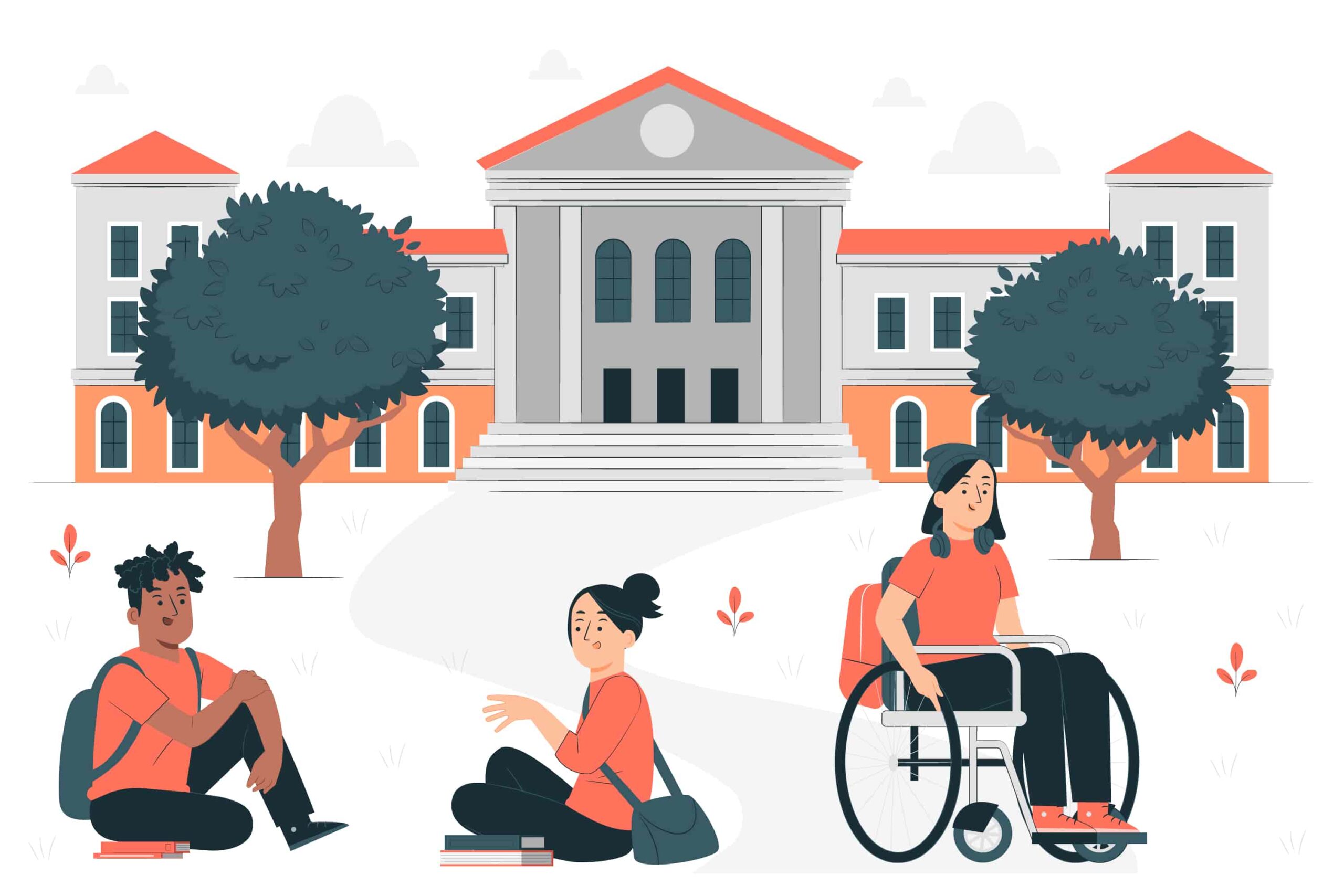Tunxis Community College Programs and acceptance rate
Located in the Northwest region of the united state, Tunxis Community College was chartered by the State of Connecticut in 1969 to serve the Bristol-New Britain and Farmington Valley areas. It first opened for classes in October 1970 with 494 students; today approximately 7,000 full- and part-time students attend the College each semester enrolled in credit and continuing education classes. Yet Tunxis is still small enough to offer students individual attention. Since the first graduation in 1972, more than 8,000 persons have received an associate’s degree or a certificate from the College.
Is Tunxis Community College hard to get into?
The acceptance rate at Tunxis Community College is 100%. For every 100 applicants, 100 are admitted. This means the school is not selective; not hard to get into. You have a great chance of getting accepted if you meet Tunxis Community College’s requirements.
Is Tunxis Community College a good school?
Tunxis Community College is a good school that offers its students a quality, yet affordable education in an accessible and supportive environment, fostering the skills necessary to succeed in an increasingly complex world.
What is Tunxis Community College known for?
The Tunxis Community College is known for providing an array of educational services designed to meet the training, occupational, intellectual, and cultural needs of the people of its region
The followings are popular programs at the Tunxis Community College
- General Studies
- Business/commerce
- Liberal arts and sciences/liberal studies
- Criminal justice/police science
- Dental hygiene/hygienist
- Commercial and advertising art
- Fine/studio arts
- Child care and support services management
- Education
- Management information systems
- Psychology
- Administrative assistant and secretarial science
- Engineering science
- Psychiatric/mental health services technician
- Computer and information sciences| other
- Biology/biological sciences
- Political science and government
- Criminal justice/safety studies
- History
- Communication
- Early childhood education and teaching
- Italian language and literature
- Spanish language and literature
- General literature
- Chemistry

